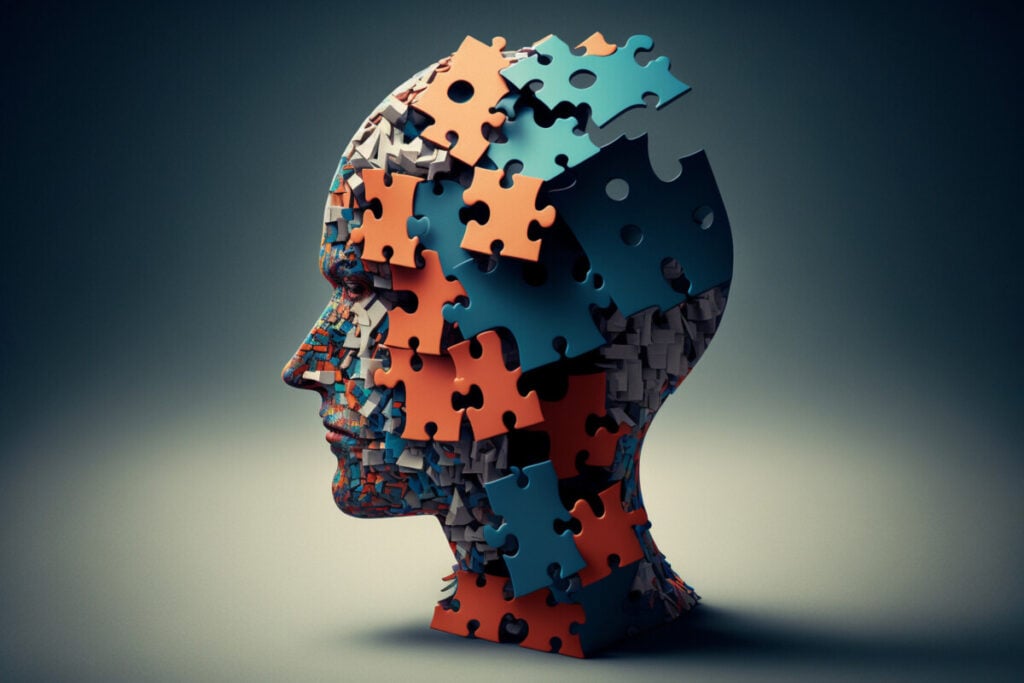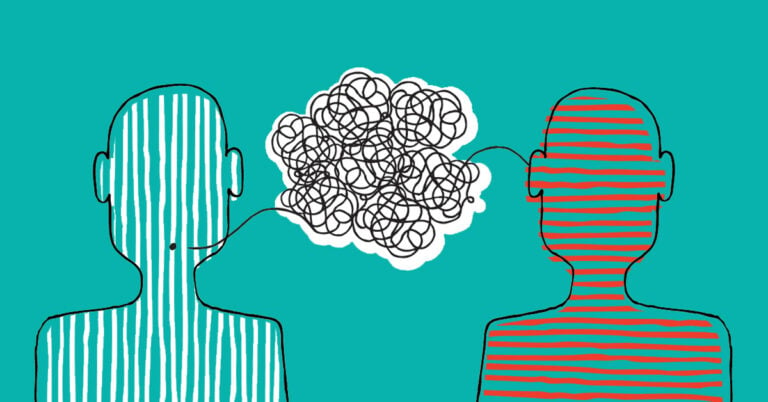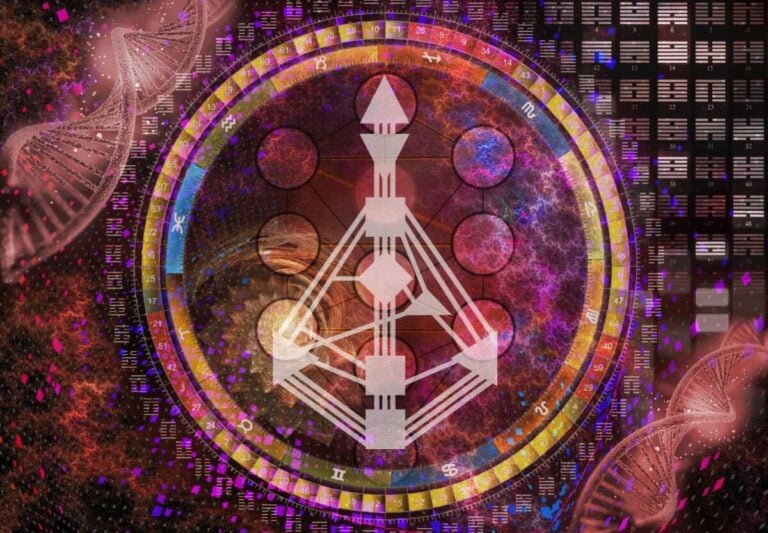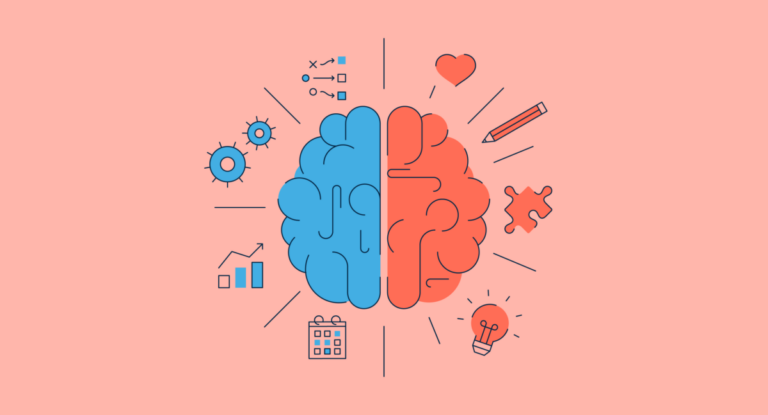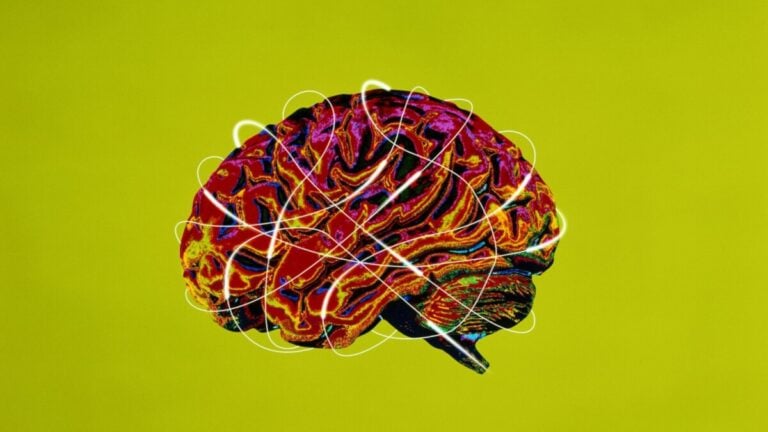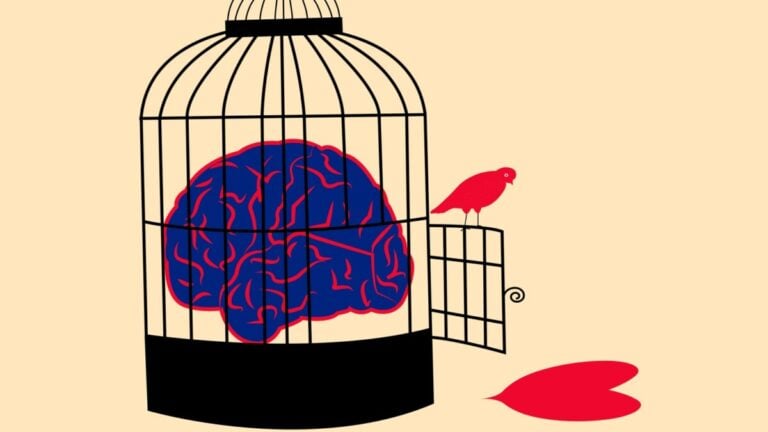Unique, special, strange, and also “out of this world” we hear when surrounded by a person who is not like others. What are they?
What is neurodivergence?
The origin of neurodivergence is still unclear and causes much debate. There are many hypotheses, but so far none of them comprehensively explains this phenomenon.
One of the hypotheses is a genetic predisposition. Research indicates that some neurodivergent conditions may be associated with certain genetic mutations or gene variants. For example, levels of the neurotransmitter serotonin may be abnormal in people with autism.
There are also environmental and maternal health hypotheses. Some research suggests that some neurodivergent conditions may be caused by exposures to the brain during pregnancy or early childhood, such as infections, toxins, eating disorders or stress.
Overall, however, the causes of neurodivergence remain complex and multifaceted, and likely involve an interaction of genetic, epigenetic and environmental factors. More rigorous research is needed to better understand the origins of the history of neurodivergence.
Neurodivergence is a term used to describe a variety of neurological differences or heterogeneity in the functioning of the brain and nervous system.
It takes into account various neurological conditions such as autism, attention deficit hyperactivity disorder (ADHD), dyslexia, speech delay and other neurological disorders. The term “neurodivergence” emphasizes that these differences are a natural and integral part of human diversity and should not be considered pathological or abnormal.
Who are neurodivergent people, what are their characteristics?

One of the main hallmarks of neurodivergence is differential processing of information. Neurodivergents often have an unusual way of thinking and perceiving the world, which may manifest in the form of deep focuses on certain topics, sensitivity to detail, high creativity, or the ability to see things differently than others.
However, being neurodivergent does not always bring only benefits. Many people with these characteristics face their own unique challenges. For example, people on the autism spectrum may have difficulty communicating and interacting with others. People with dyslexia may have difficulty reading and writing, and people with ADHD may have problems with concentration and organization.
It is important to understand and respect neurodiversity, creating a more inclusive society and ensuring equal opportunities for all its members. Support, education and increased awareness are important to enable neurodivergent people to reach their potential and succeed in their endeavors.
How to determine if you are neurodivergent?
Neurodivergence can manifest itself differently in different people. Neurodivergence is a condition in which the brain functions and experiences the world differently than most people.
Possible signs that may indicate neurodivergence:
- Sensory Sensitivities: Some neurodivergent individuals may have increased sensitivity to sounds, light, smells, and other stimuli.
- Social difficulties: Some neurodivergent people may have difficulty communicating or interacting with others, including problems with nonverbal communication or understanding social norms.
- Strong Interests: Neurodivergents often have deep and rigorous interests in certain areas, which often become their primary passion.
- Heightened emotional sensitivity: Many neurodivergent people have heightened emotional responses or may be more sensitive to stress or feel emotions on a deeper level.
- Unique Ways of Thinking and Perceiving: Neurodivergents may have unique ways of thinking and perceiving, which may lead to creative or unconventional approaches to problem solving.
However, it is important to understand that these characteristics can vary and not all neurodivergent people exhibit them at the same time.

What methods do psychologists use to identify a neurodivergent person?
To identify a neurodivergent person, psychologists can use different methods and approaches. Some of them include:
- Clinical Interview: Clinicians may conduct an in-depth interview with the client to discuss the client’s symptoms, behavioral characteristics, and emotional states.
- Psychological Tests: Psychologists may use a variety of psychological tests to assess a client’s cognitive abilities, emotional state, and behavioral characteristics.
- Observation: Observing the client’s behavior and reactions can help the psychologist determine the characteristics of his neurological functioning.
- Parent Reports: Psychologists may contact a client’s parents or significant other to obtain information about the client’s development, behavior, and emotional state.
- Medical examination: Doctors may conduct a physical and neurological examination of a patient to rule out physical causes of his symptoms and establish a diagnosis.
It is important to note that specific diagnostic methods may vary depending on the neurodivergent condition, allowing psychologists to conduct individualized assessments and determine the most appropriate approach for each client.
Neurodivergence in the world, interesting facts
- Autism is one of the most common neurodivergent conditions. According to the World Health Organization, 1 in 160 children in the world has autism.
- Some famous figures from the history of art, science, and literature were likely neurodivergent. For example, Albert Einstein, Charles Darwin, Van Gogh and Alfred Hitchcock.
- Children with ADHD may be overactive and have difficulty concentrating on tasks. However, they can also have high creativity, quick thinking and intuition.
- People on the autism spectrum often have strong skills in math, science, and the arts. Their ability to focus on detail and notice things that aren’t obvious can be invaluable.
- Some people with neurodivergent conditions have superpowers, such as efficient memory, exceptional music comprehension, or artistic ability.
- Neurodivergent people may be especially sensitive to external stimuli such as sound, light or smell. This may lead to more intense emotional or physiological reactions.
- Neurodivergent conditions can manifest differently in different people and take on a wide range of forms and symptoms. This means that every neurodivergent person is unique and has their own individual characteristics and needs.
- Neurodivergent people can succeed in a variety of areas of life if they receive support, accommodations, and adequate opportunities to develop their potential.
It is important to remember that every person is unique, and the brain diversity experienced by neurodivergent people makes the world a more interesting and diverse place.
